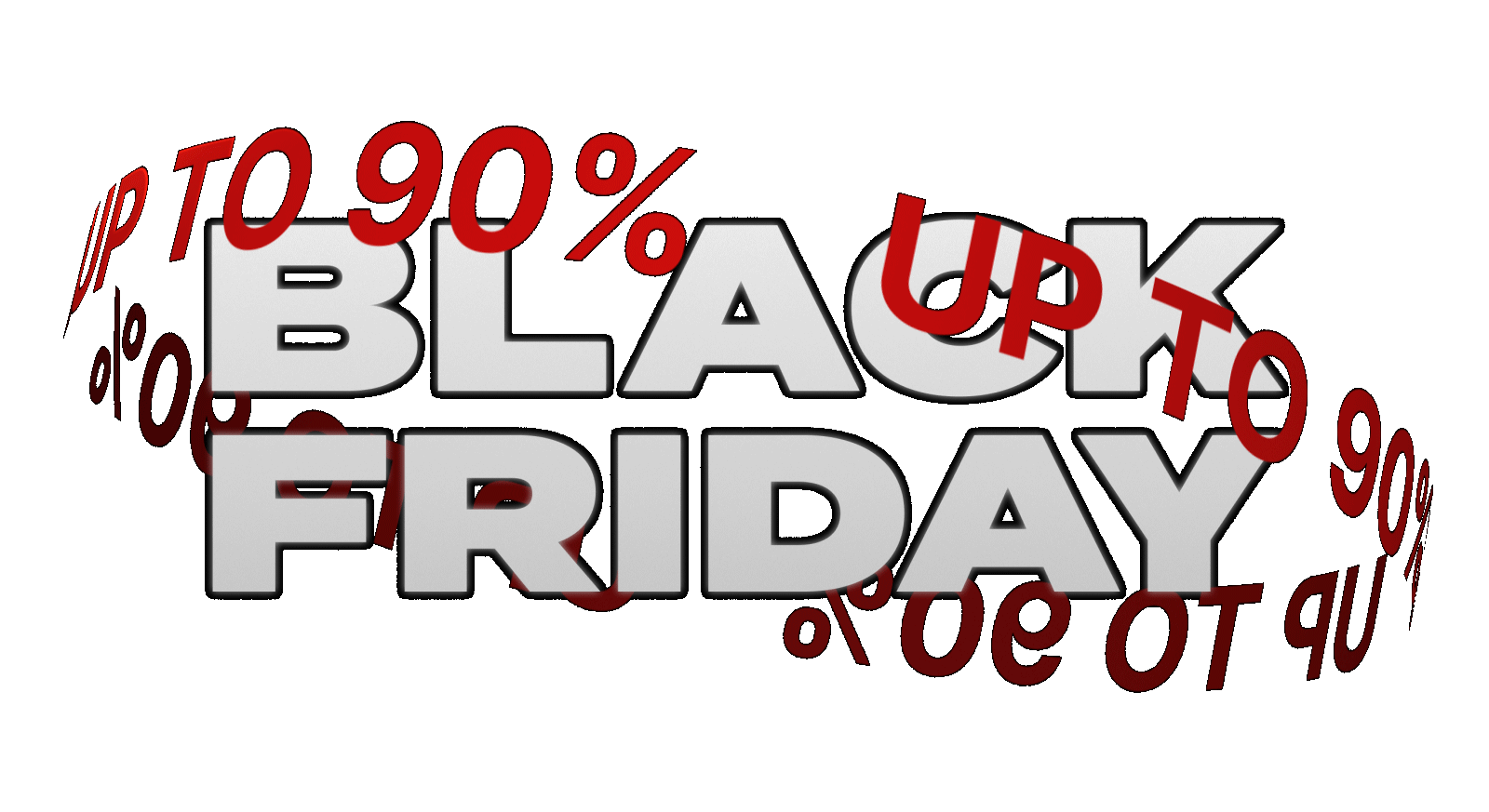How The Coronavirus Is Impacting The Photography Industry
- Nelly

- Apr 14, 2020
- 4 min read
Written by Nello Minus Johnson .
The Coronavirus has causing widespread deaths and concerns that has contributed negativity affecting businesses around the world, from large corporations to small mom and pop shops. The Global Stock Markets has plunged, some Business and Restaurants have been authorized to close as others that still remains option are reporting fewer patrons, and the travel sector is getting hammered and more school are being forced to closes.
But how is this affect the Photography Industry?

A lone taxi drives over a typically gridlocked highway in Dubai, United Arab Emirates, on April 6.
Jon Gambrell/AP
Many Photographers Will See Revenue Cut By 30 To 50% especially those in the commercial sector which will see 50 to 90% cuts. But small and new photographers cud possible see a rise in bookings for Newborn Photography and Weddings. Personally myself alone have turn down more than 17 different Photography projects. BUT WHY? I don't have just my safety to think about, I also have my family and kids to think about. Me turning down such jobs now gives opportunities to others who are willing to take the risk. In most case a small or new photography business might be open to taking on such jobs or in some case people just economically have no choice
Here are four ways COVID-19 is impacting the photography industry and things we can do to mitigate its impact.

Light traffic moves along a freeway in downtown Los Angeles on March 20.
Mark J. Terrill/AP
The world economy is on the brink of a recession and photographers are not exempt from the financial impact. Photography in modern times is more of a luxury good than a necessity, with its demand rising and falling with the incomes of clients. As a recession looms, we should anticipate demand for photography services, in general, to decrease. Of course, photographers who have built strong brands, with recurring clients and high demand may feel less of an impact. But we should, as an industry, brace ourselves for a temporary decline in revenue.
Sports photographers will feel the impact of cancelled games at the professional and amateur level. Wedding photographers will feel the impact of postponed weddings or weddings with decreased budgets. Even in-studio portrait photographers, like headshot photographers and newborn photographers, may start to feel a decline in business as their clients decrease their human contact, tighten their wallets, and spend more time at home.
The silver lining is that the revenue decline should reverse as the hysteria calms and the economy recovers. Also, photography businesses typically have low overhead when compared to other small businesses like retail shops or restaurants, so if revenues decline, they can stay flexible by scaling back costs.

A passenger walks in the empty check-in area of the Beijing Daxing International Airport on March 3. Andrea Verdelli/Getty Images
Camera Sales Will See Historic Lows
Even before the Coronavirus, camera sales were dropping year-over-year for the last 4 years. But supply chain problems and a recession economy could exacerbate the issue, leading to another historically bad year for the industry.
The new highly anticipated Canon R5 may be postponed. The Nikon D6 is getting delayed. And tradeshows are getting cancelled, events where the hype and marketing builds for these releases. Even when those cameras become available to purchase, many professionals and amateurs may choose to postpone the investment in new technology if they anticipate a decrease in income from the prior year.

Camera Sales Will See Historic Lows
Even before the Coronavirus, camera sales were dropping year-over-year for the last 4 years. But supply chain problems and a recession economy could exacerbate the issue, leading to another historically bad year for the industry.
The new highly anticipated Canon R5 may be postponed. The Nikon D6 is getting delayed. And tradeshows are getting cancelled, events where the hype and marketing builds for these releases. Even when those cameras become available to purchase, many professionals and amateurs may choose to postpone the investment in new technology if they anticipate a decrease in income from the prior year.

Restaurant seats stand empty in Covent Garden in London on March 13.
Simon Dawson/Reuters
Savvy Photographers Use This Opportunity to Invest in Their Businesses
We’ll end with this with some advice. If you see a decline in business, you have two options. You can sit at home and obsess over news updates, binge Netflix, and waste your time in a constant state of anxiety. Or, you can invest in your business so that the current impact of the recession is mitigated, and your business is primed for success when the economy recovers. If you choose the latter, here are some suggestions:
Work on your website’s SEO to improve your search rankings.
Catch up on post production or album design.
Learn new web marketing strategies like email funnels and referral programs.
Set up Facebook and/or Instagram Ads.
Curate your portfolio for a better presentation of your work.
Improve your current skills through online courses.
Research tools that speed up your workflow.
Eliminate unnecessary subscriptions and expenses.

A pedestrian looks at a map at the Zermatt ski resort in Switzerland on March 18.
Valentin Flauraud/AFP/Getty Images
So Conclusion
No matter how you feel about COVID-19, there are real financial implications. Whether you’re in a state of panic or you believe the whole thing is all hype driven by the media, you can’t ignore the consequences of the virus, and the impact it can have on the industry. The best thing we can do is remain calm, be smart and prepare for the future so that we can continue to thrive in any economy.








Comments